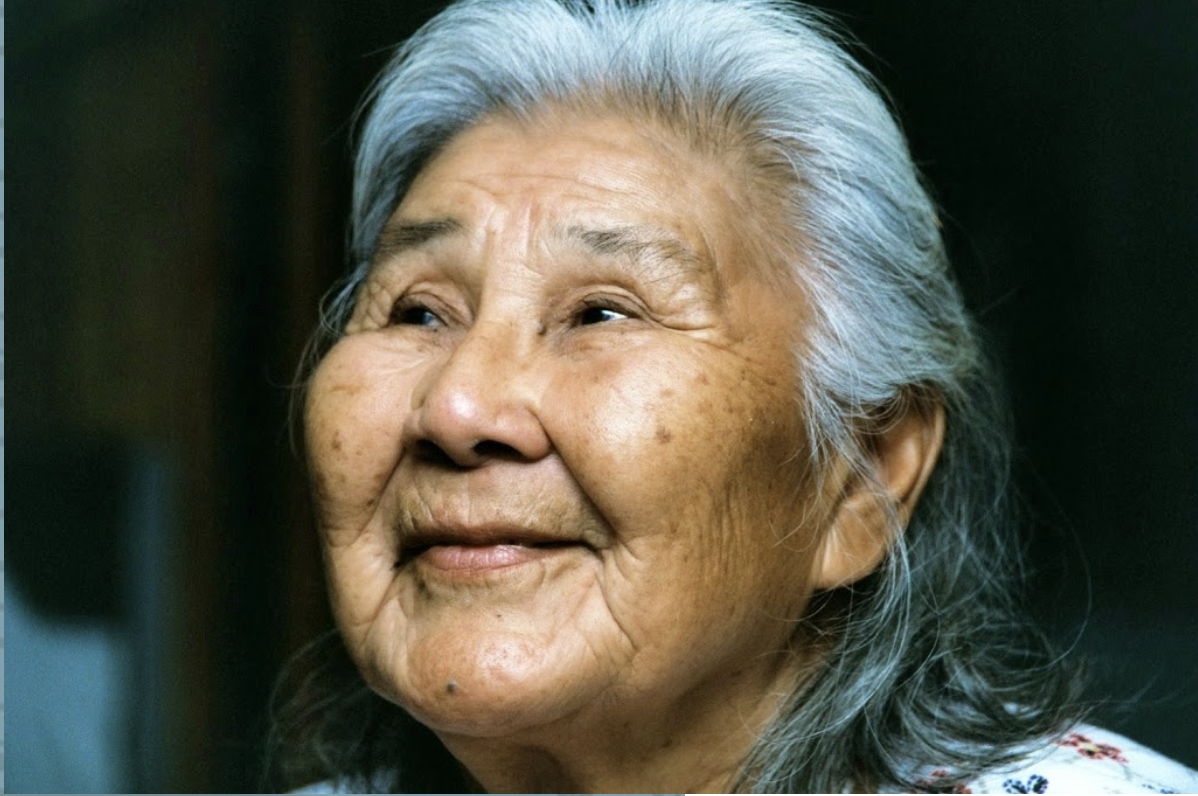
- Details
- By Native News Online Staff
On Thursday, the U.S. District Court in Alaska granted the Alaska Federation of Natives’ motion to intervene in the latest case challenging Alaska Natives fishing rights.
The first iteration of the case began almost four decades ago, when two Athabascan elders, Katie John and Doris Charles, petitioned the state to allow them to fish in their traditional fish camp that was closed in 1964. Their request was denied, despite the fact that downstream users were permitted to take salmon for sport and commercial uses.
As a result, the Native American Rights Fund (NARF) filed suit in 1985 under Title VIII of the Alaska National Interest Lands Conservation Act (ANILCA), to compel the State to re-open the historic fishery.
Title VIII of the Alaska National Interest Lands Conservation Act provides a priority for rural Alaska residents in the taking of fish and wildlife on federal public lands in times of shortage.
“The rural priority is a necessity, not a luxury. Those of us who live in rural Alaska continue to do so because of the direct proximity to fish and wildlife,” Alaska Federation Natives (AFN) Co-Chair Ana Hoffman said in a statement. “This federal protection for rural Alaskans, secured by Alaska Native leaders decades ago, is the source of our nourishment physically, emotionally, culturally, and spiritually. This is our way of life; it is our existence.”
The most recent subsistence challenge came in 2021 in U.S. v. Alaska, when the State of Alaska refused to abide by federal closures regarding salmon fishing along certain parts of the Yukon-Kuskokwim Delta based on low escapement numbers, according to NARF. USFWS had simultaneously permitted qualified federal subsistence users (rural Alaska residents) to participate in limited openings.”
AFN said it expects that U.S. v. Alaska will eventually make its way to the U.S. Supreme Court.
‘This is a welcomed ruling,’ AFN President Julie Kitka said in a statement in response to the U.S. District Court in Alaska’s decision. “AFN has a special place in this litigation… We’ll defend the legal rights of Alaska Natives to engage in subsistence hunting and fishing anytime our ways of life are threatened.”
More Stories Like This
50 Years of Self-Determination: How a Landmark Act Empowered Tribal Sovereignty and Transformed Federal-Tribal Relations“Our Sovereignty Is Not Optional”: Tulalip Responds to ICE Actions
Denied Trip to Alcatraz, Leonard Peltier Tells Sunrise Gathering: “My Heart Is Full”
‘Meet your prayer halfway’ | Women-Led Bison Harvests Bring Tribal Food Sovereignty
San Manuel Tribe Reclaims Ancestral Name, Faces Vandalism on Holiday
Help us defend tribal sovereignty.
At Native News Online, our mission is rooted in telling the stories that strengthen sovereignty and uplift Indigenous voices — not just at year’s end, but every single day.
Because of your generosity last year, we were able to keep our reporters on the ground in tribal communities, at national gatherings and in the halls of Congress — covering the issues that matter most to Indian Country: sovereignty, culture, education, health and economic opportunity.
That support sustained us through a tough year in 2025. Now, as we look to the year ahead, we need your help right now to ensure warrior journalism remains strong — reporting that defends tribal sovereignty, amplifies Native truth, and holds power accountable.
 The stakes couldn't be higher. Your support keeps Native voices heard, Native stories told and Native sovereignty defended.
The stakes couldn't be higher. Your support keeps Native voices heard, Native stories told and Native sovereignty defended.
Stand with Warrior Journalism today.
Levi Rickert (Potawatomi), Editor & Publisher


